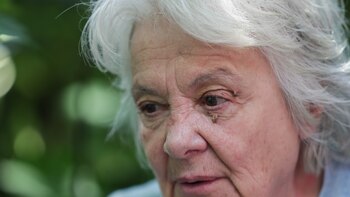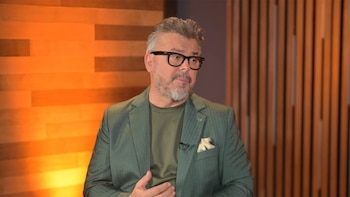
First Sustainability Report for LOCOG
London 2012’s first-ever sustainability report shows Olympic Park leading the way toward a low-carbon Games.
The 125-page document tracks LOCOG’s efforts across five areas outlined in its original 2007 sustainability plan: climate change, waste, biodiversity, inclusion and healthy living.
"The work that has been done on integrating sustainability into food, logistics, transport, ceremonies, technology and event management has uncovered opportunities that have not been realized before in an Olympic or Paralympic context," LOCOG CEO Paul Deighton said in a statement.
"There is still much to be done, but we are well on track to achieve some fantastic results."
Highlights of "A Blueprint for Change" include the avoidance of more than 100,000 metric tons of carbon emissions through new footprint methodologies, a comprehensive sustainable sourcing program and an inclusive approach to both recruiting volunteers and selling tickets.
Also emphasized is the fact that construction on all Olympic Park venues remains on time, on budget and on track to meet strict sustainability targets.
Additional reports will follow in early 2012 and again in late 2012 or early 2013 to ensure LOCOG sees its sustainability plan through next year’s Summer Games.
Click here to read the entirety of the report.
White Water Venue Open for Recreational Use
Londoners can get an early taste of 2012 on Friday when Lee Valley White Water Center opens for use.
The canoe slalom site became the host city’s first Olympic venue to finish construction back in December and will be the only new venue open to the public prior to the Games.
"Seeing the Lee Valley White Water Centre open to the public is a great example of an early legacy for London 2012," LOCOG chair Sebastian Coe said in a statement.
"This venue provides the opportunity for a new generation of water sports enthusiasts to get active and engaged in fun and challenging sports as well as providing us with a world class Olympic venue for Canoe Slalom."
The center boasts an Olympic competition course with a 5.5m descent and a training loop with a 1.6m descent, both of which will be in use during the sport’s four events spread across five days at next year’s Summer Olympics.
A post-Games legacy is also ensured – Lee Valley was awarded hosting rights to the 2015 canoe slalom world championships last week.
Olympic Cable Car Connects Venues
A cable car across the River Thames will connect two 2012 venues hosting a total of eight Olympic sports.
AFP reported Monday that London Eye builder Mace will begin construction in the next few months and hopes to complete the link by Games-time.
The car would run between O2 Arena on the Greenwich Peninsula – site of gymnastics and basketball finals – and the north bank’s ExCeL exhibition center – site of boxing, fencing, judo, table tennis, weightlifting and wrestling.
The project’s cost is estimated at $82 million.
According to Transport for London, "a crossing could take place every 30 seconds, carrying up to 2,500 passengers per hour in each direction, equivalent to 50 buses per hour."
To view a simulation of the proposed route, click here.
Olympic Park Workforce Reaches Record High
The workforce for London 2012’s "big build" is at an all-time high.
LOCOG announced Wednesday that the construction of Olympic Park and Olympic Village now involves 12,635 people, more than a tenth of which were previously unemployed.
"The site and supplier workforce have done us proud, completing construction on the Olympic Stadium and Velodrome and being on track to finish all the main venues and infrastructure this summer ready for Test Events ahead of the Games," Olympic Delivery Authority CEO Dennis Hone said in a statement.
Roughly a quarter of the workforce lives in the five host boroughs, and six out of 10 call London home.
To read the ODA’s latest update on employment and skills statistics, click here.
Written by Matthew Grayson.
Últimas Noticias
Sinner-Alcaraz, the duel that came to succeed the three phenomenons
Table tennis: Brazil’s Bruna Costa Alexandre will be Olympic and Paralympic in Paris 2024

Rugby 7s: the best player of 2023 would only play the medal match in Paris

Rhonex Kipruto, owner of the world record for the 10000 meters on the road, was suspended for six years

Katie Ledecky spoke about doping Chinese swimmers: “It’s difficult to go to Paris knowing that we’re going to compete with some of these athletes”




